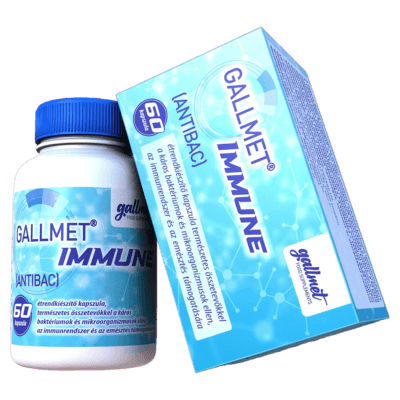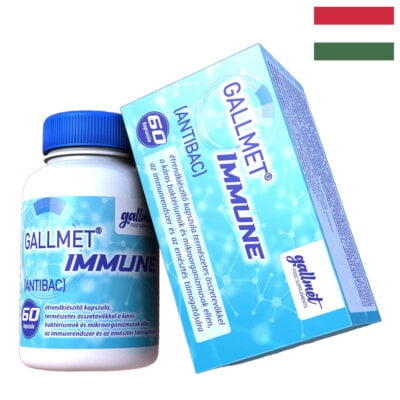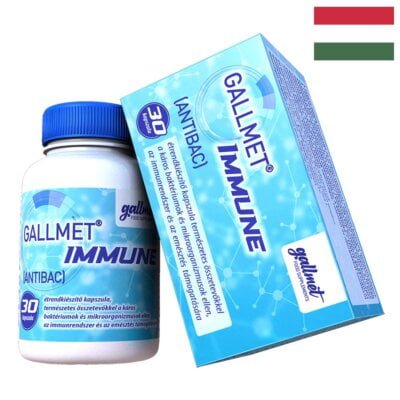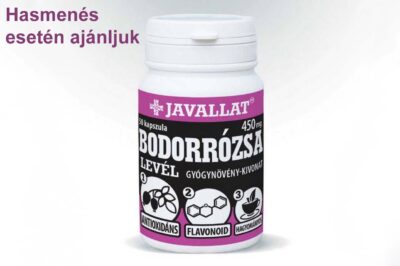Randomized Study of the Efficacy and Safety of Oral Elderberry Extract in the Treatment of Influenza A and B Virus Infections

Download - PDF
Introduction
The influenza virus is an orthomyxovirus and causes an acute respiratory tract disease. Influenza is typically characterized by abrupt onset of fever, headache, myalgia, sore throat and non-productive cough. The illness is usually self-limiting, with relief of symptoms occurring within 5 – 7 days. Nevertheless, it is an important disease due to its ease of communicability, short incubation time, rapid rate of viral mutation, related morbidity, resultant loss of productivity, and the possibility of severe complications.
Influenza can be fatal, particularly in the very young, the elderly and in immunocompromised patients. Most widespread epidemics are caused by influenza virus type A. Between 1972 and 1995, the estimated worldwide influenzaassociated deaths ranged from approximately 25 to > 150 per 10 000 in those aged ≥ 65 years; > 90% of the deaths attributed to pneumonia and influenza occurred in this age group.
Vaccination with inactivated viruses and chemoprophylaxis or therapy with influenza-specific antiviral drugs such as amantadine, rimantadine, zanamivir and oseltamivir are widely used. Vaccinating those at high risk of influenza-related complications before the influenza season each year is the most effective and most commonly used ways of reducing the impact of influenza. Amantadine and rimantadine interfere with the replication cycle of type A (but not type B) influenza viruses. When administered prophylactically to healthy adults or children, both drugs are effective in preventing the illness in approximately 70 – 90% of influenza type A infections. When administered within 48 h of illness onset, amantadine and rimantadine can reduce the severity and shorten the duration of an influenza A infection. Zanamivir and oseltamivir belong to a new class of antiviral agents known as neuraminidase inhibitors, and their efficacy for influenza A and B treatment is under evaluation. Although effective in decreasing symptoms, none of these agents prevents pneumonia or hospitalization secondary to influenza.
The black elder (Sambucus nigra L.) has been used in folk medicine for centuries to treat influenza, colds and sinusitis. Antiviral activity of three plants, including the elder, has been reported against influenza and herpes. The berries of black elder contain high levels of flavonoids, which are naturally occurring plant substances. Several plant extracts containing flavonoids or purified flavonoids have been shown to have antiviral activity against herpes simplex virus type 1, respiratory syncytial virus, and the parainfluenza and influenza viruses. 6 – 9 The main flavonoids found in elderberries are the anthocyanins cyanidin 3-glucoside and cyanidin 3-sambubioside. It has recently been shown that these substances are detectable in plasma after oral intake of elderberry extract. Elderberry extracts are commercially available as nutritional supplements for humans, and are used extensively in many countries. Standardized elderberry extract has been shown to reduce haemagglutination and inhibit replication of influenza A and B viruses in vitro, and be effective in treating influenza B/Panama. The prophylactic and symptom-dependent treatment of influenza-like symptoms using a commercial elderberry extract was also demonstrated in a colony of chimpanzees in the Jerusalem Zoo, Israel. We aimed to investigate the efficacy and tolerability of a standardized elderberry extract for treating influenza A and B infections in humans.
Source: https://journals.sagepub.com/doi/10.1177/147323000403200205
Az oldal nyomtatásához kattintson az ikonra: [print-me]










